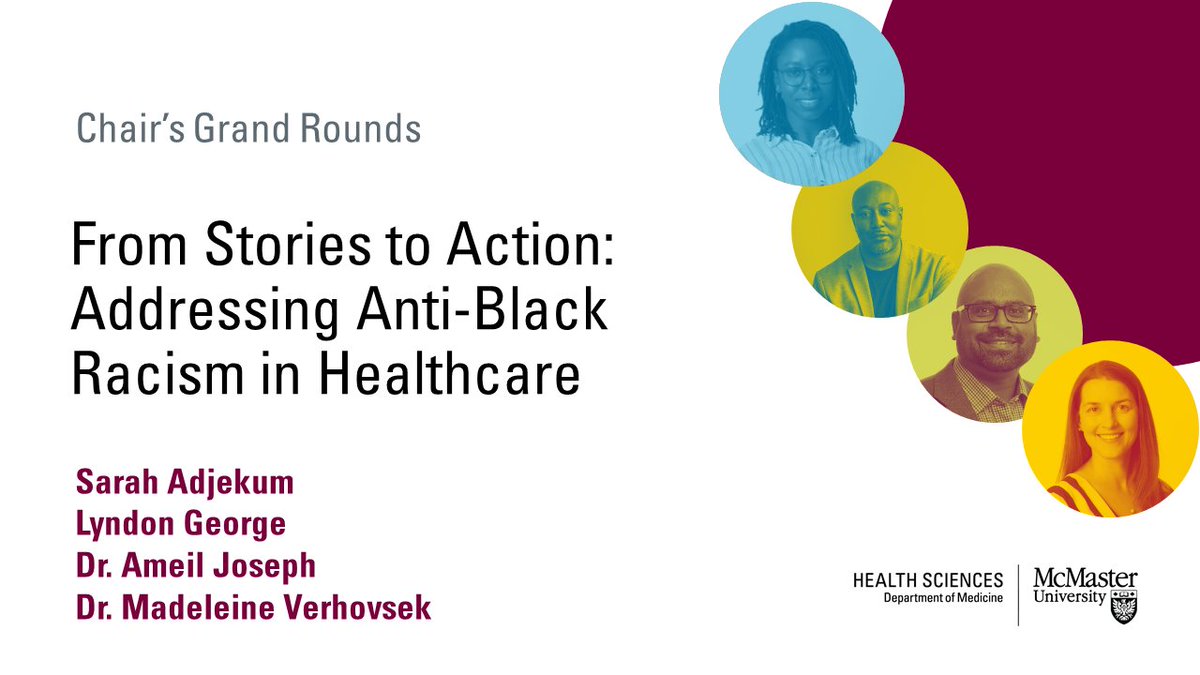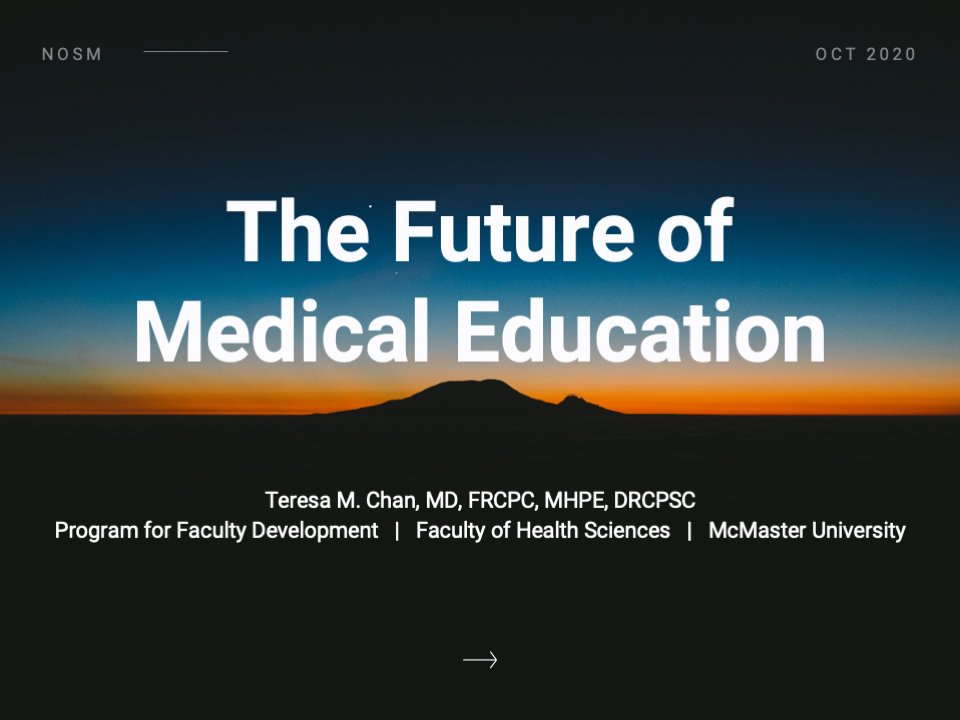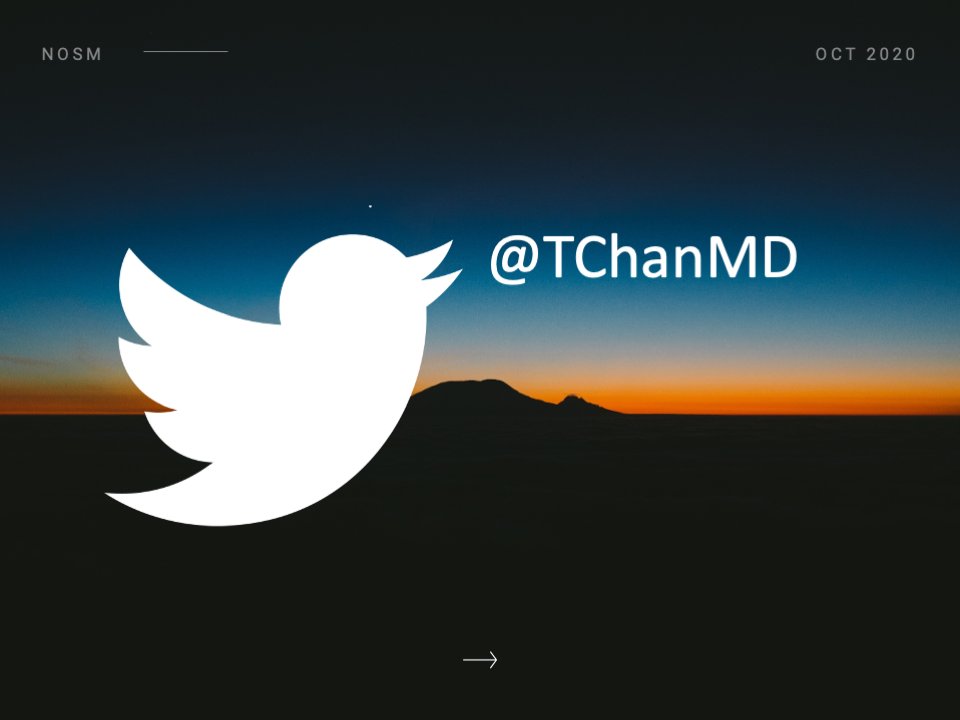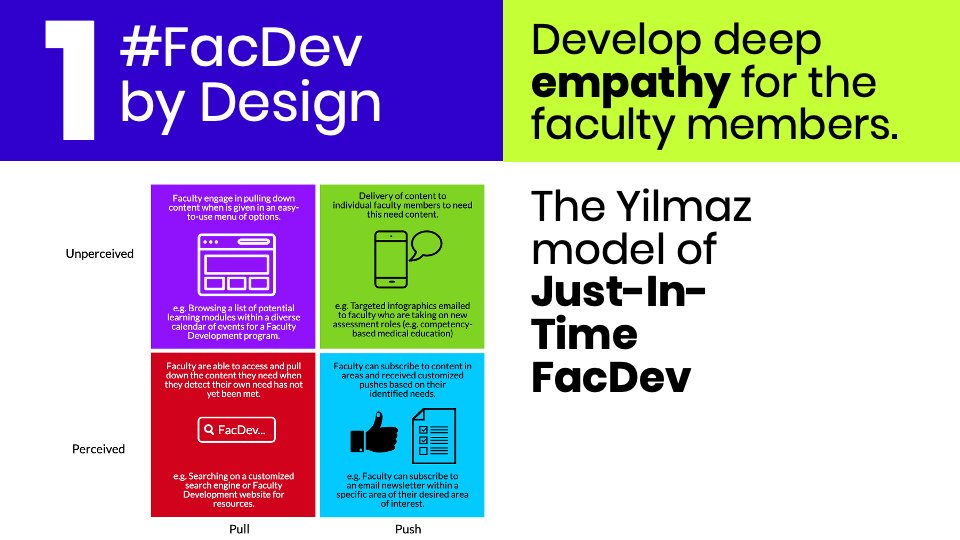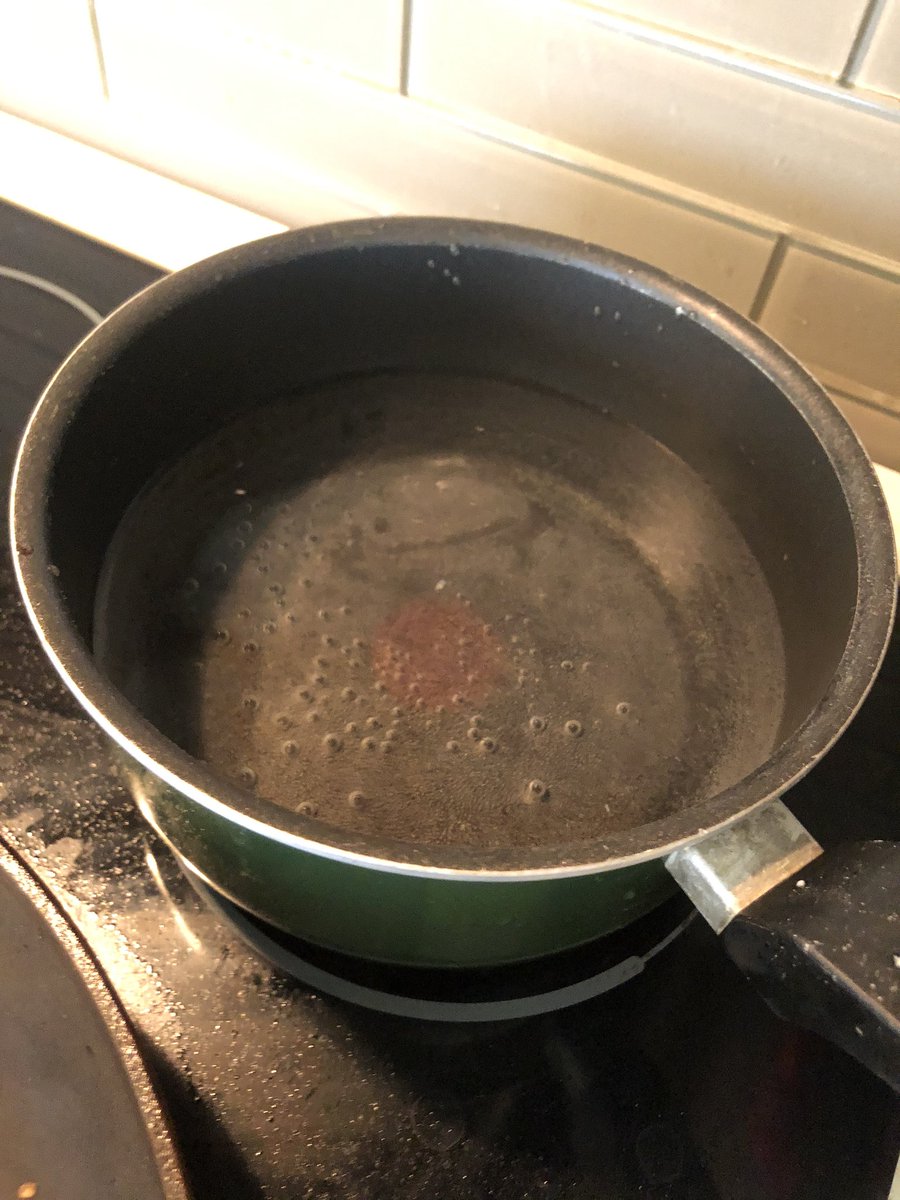Dr. @MVerhovsek first introduces the panel with an amazing version of the land acknowledgement for our region and talks about her own journey to become anti-racist. 
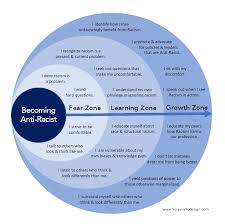
First speaker: Dr. @ajesusjoseph from the @McMasterU Faculty of Social Work. He takes us through some key concepts such as Race, Racism, and Racialization. Key concepts we should understand as healthcare practitioners. 
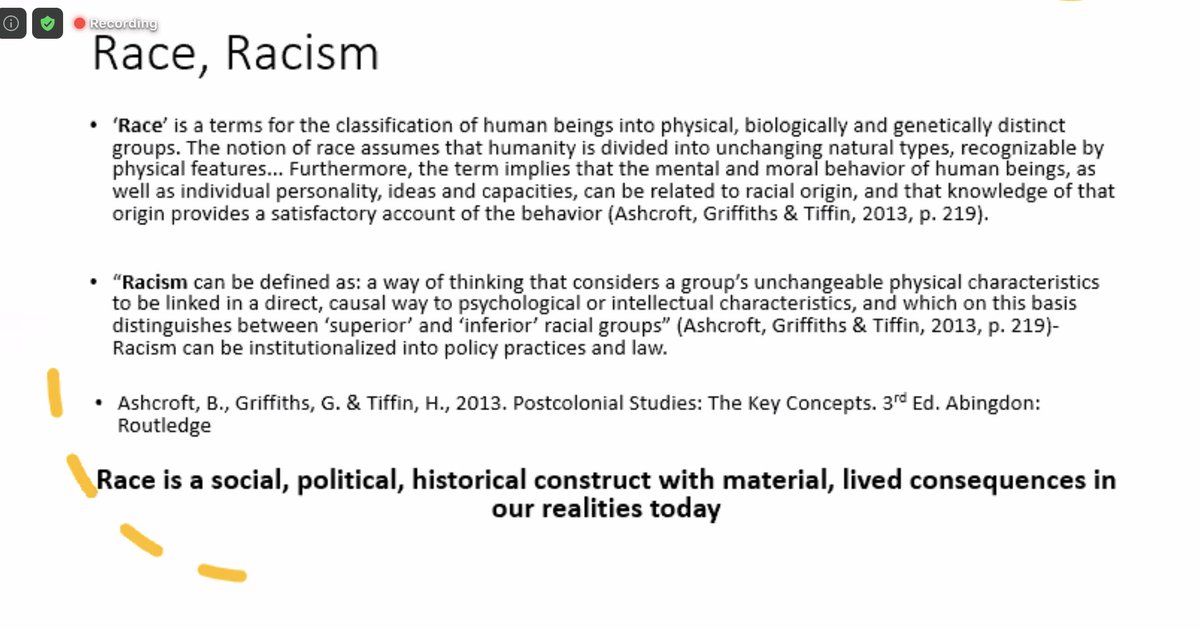
@ajesusjoseph drops a very powerful line:
"At the level of service delivery, we know there are differences in care..." for people of different races.
It happens at all levels.
"At the level of service delivery, we know there are differences in care..." for people of different races.
It happens at all levels.
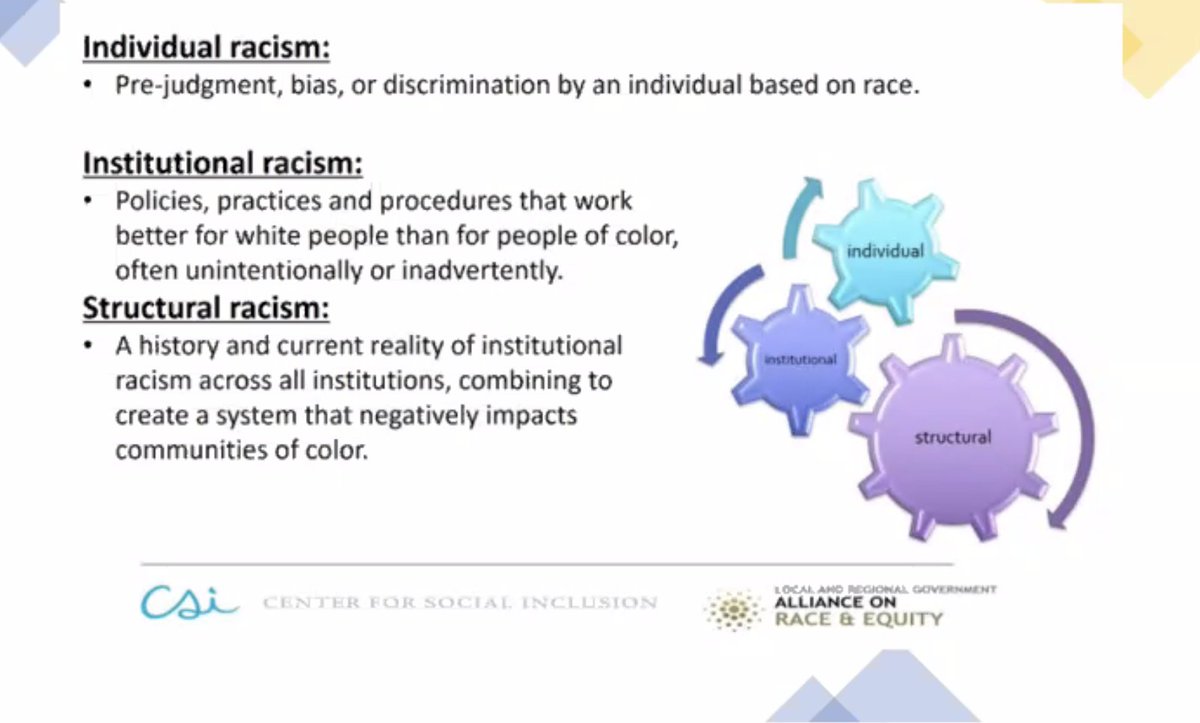
@ajesusjoseph reminds us. This is NOT JUST an American problem. We have a long history of race which is infused throughout our society.
Residential schools.
Chinese head tax.
Japanese internment.
Residential schools.
Chinese head tax.
Japanese internment.
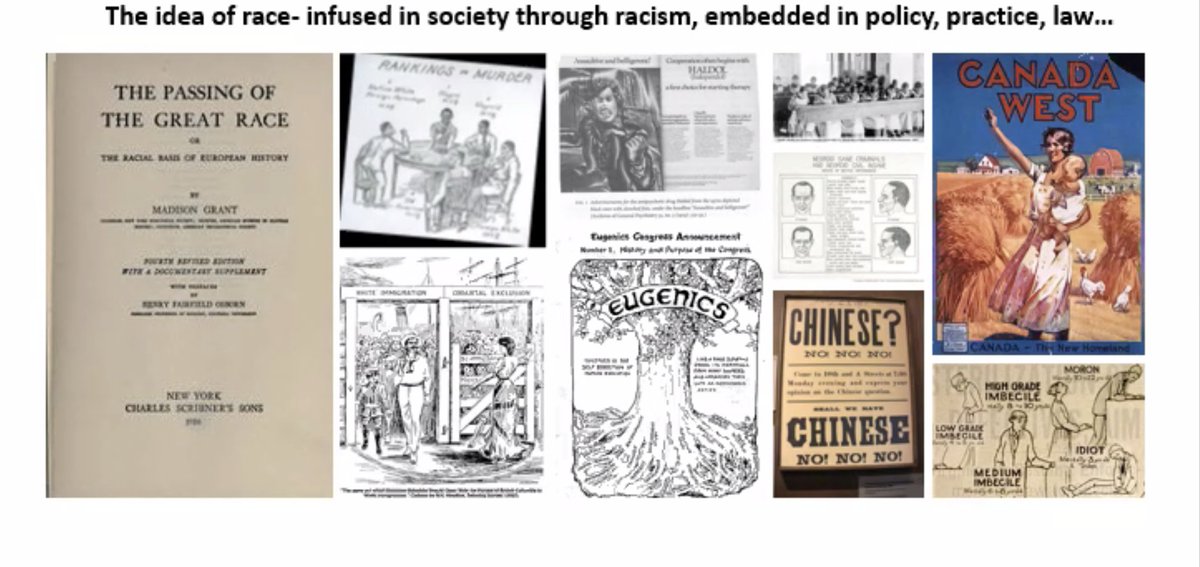
@S_Adjekum PhD student reminds us:
In medicine, as w/ all professions, we MUST be sensitive to the power structures of professionalization. Becoming a professional is to gain power, but we ration spots.
Our cultures are, thus, built upon cultures of exclusion.
In medicine, as w/ all professions, we MUST be sensitive to the power structures of professionalization. Becoming a professional is to gain power, but we ration spots.
Our cultures are, thus, built upon cultures of exclusion.
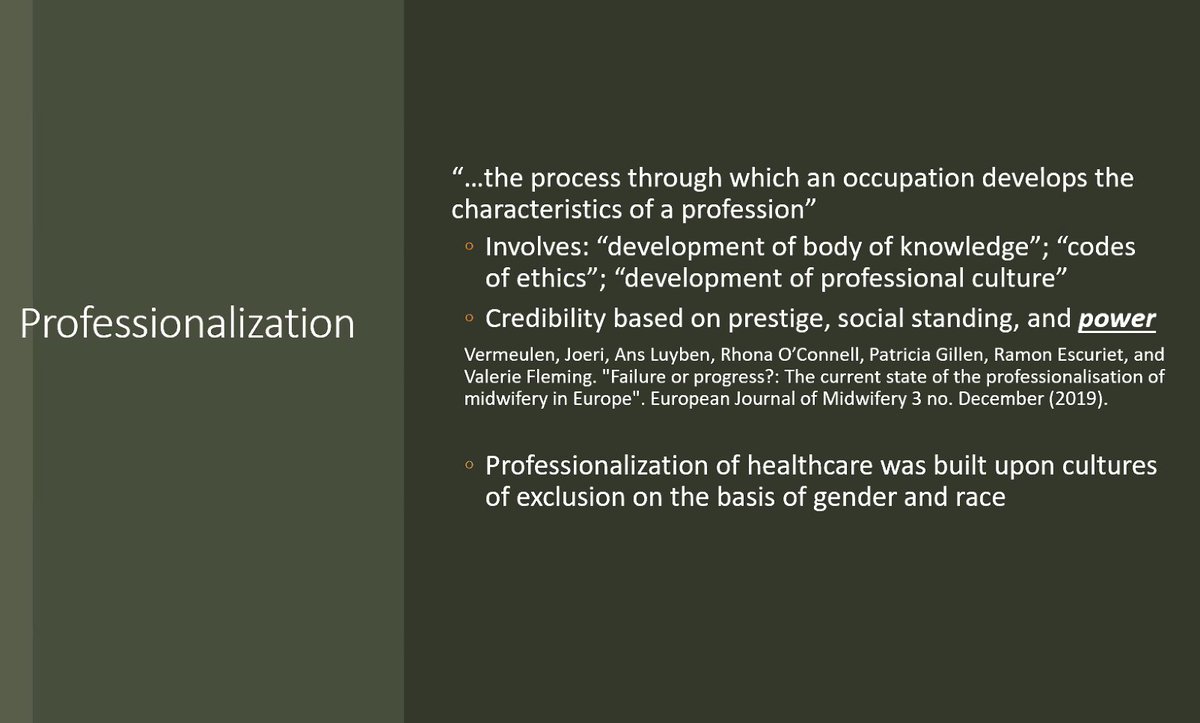
@S_Adjekum talks about the language we use about compliance... do we need to control those who seek our advice in healthcare? What does this mean for us to talk about "compliance" or "difficult patients"? 
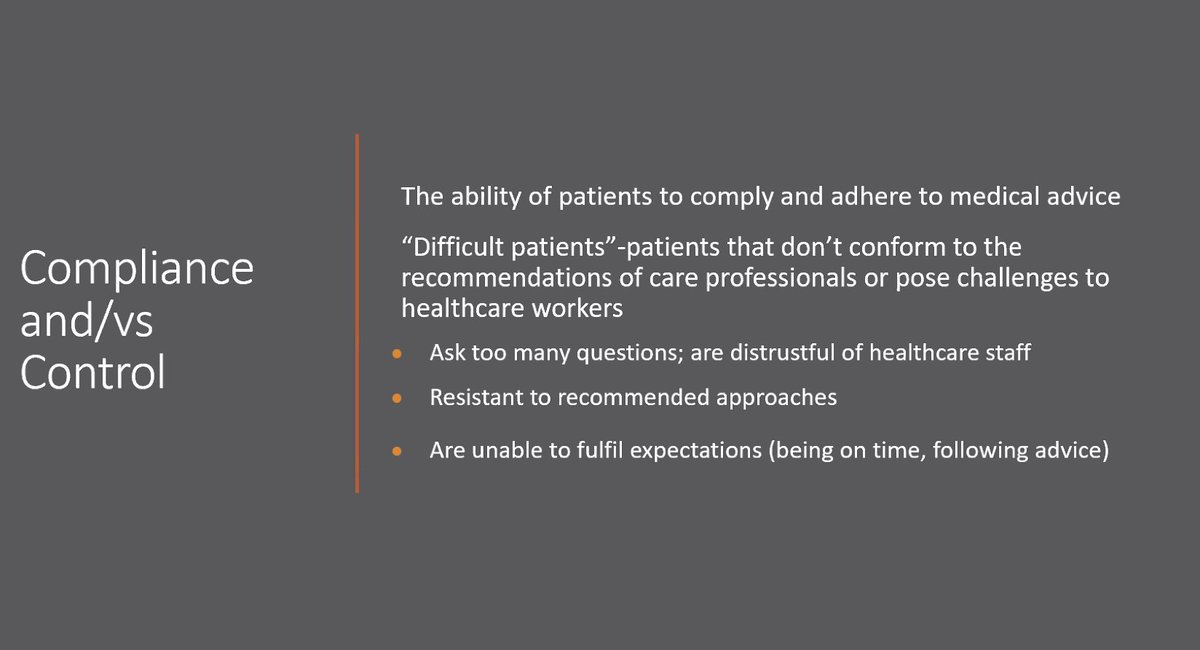
@S_Adjekum reminds us this is a problem that affects the entire spectrum of patients and clients in healthcare. This is a recent headline news story about this problem:
cbc.ca/news/canada/mo…
cbc.ca/news/canada/mo…
@S_Adjekum asks us "How do we prioritize patient stories?" 
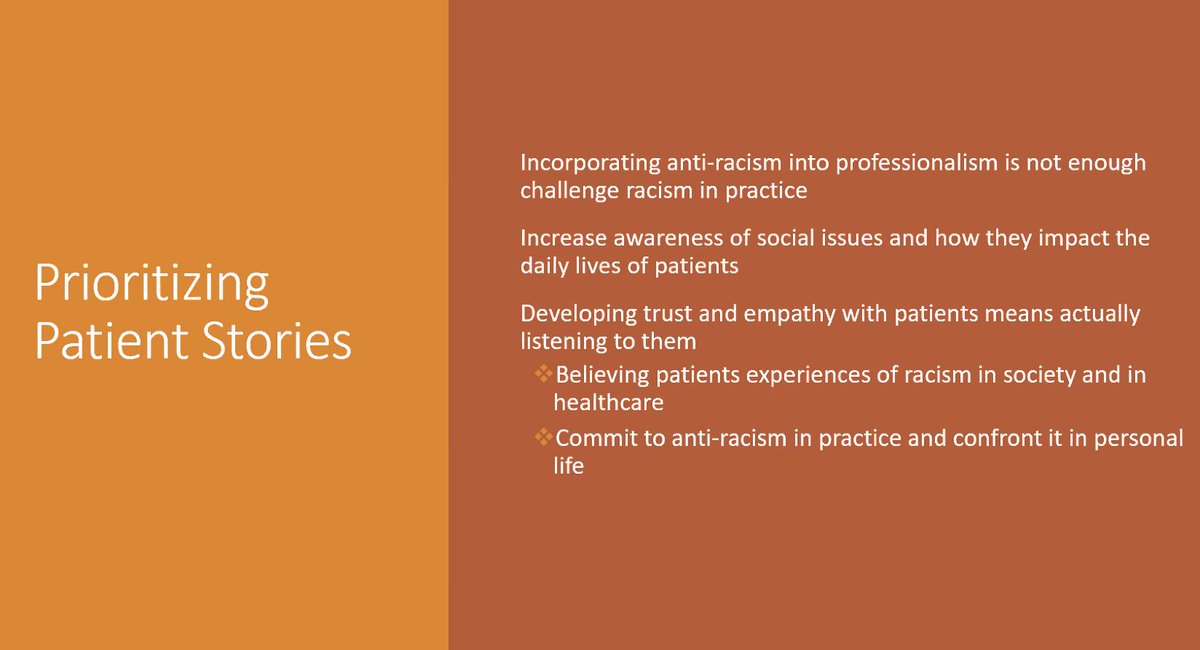
Next up @LyndonGeorge1 - health advocate and patient advisor at @HamHealthSci. Read about his experiences and stories here:
thespec.com/news/hamilton-…
thespec.com/news/hamilton-…
These issues ARE happening in our own city. #HamOnt is not immune. @LyndonGeorge1 reflects on how race may have played a role in incidents like:
cbc.ca/news/canada/ha….
cbc.ca/news/canada/ha….
@LyndonGeorge1 discusses how pressures writ large in our systems may result in worse care for those who are racialized...
"If we want quality in our healthcare, we have to think about where we start?" Let's start at looking at the surrounding system

"If we want quality in our healthcare, we have to think about where we start?" Let's start at looking at the surrounding system
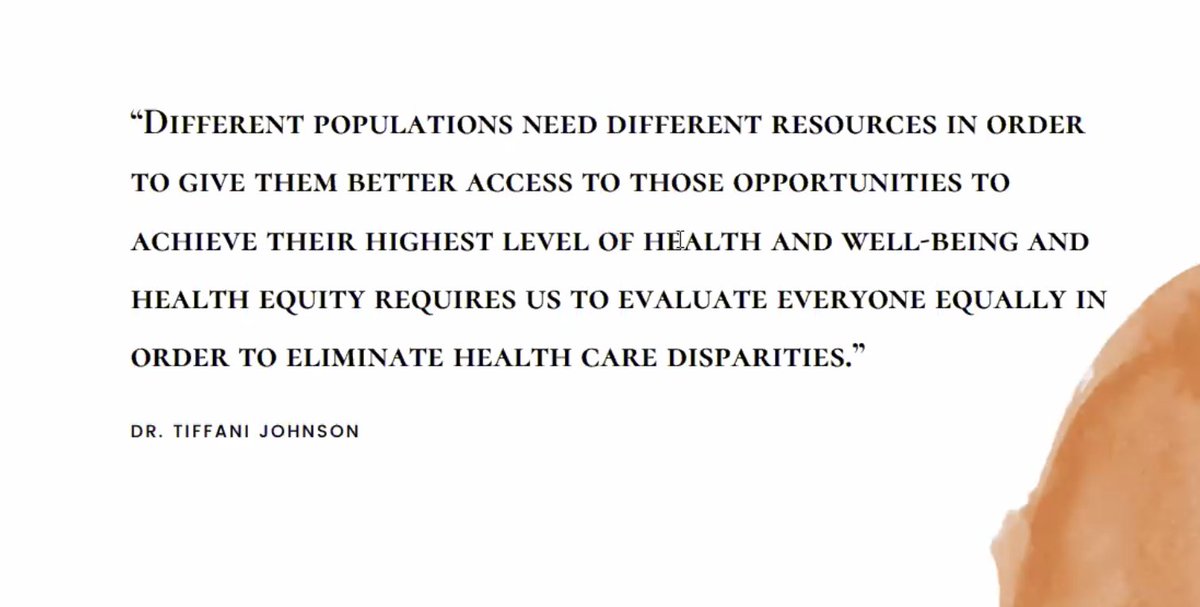
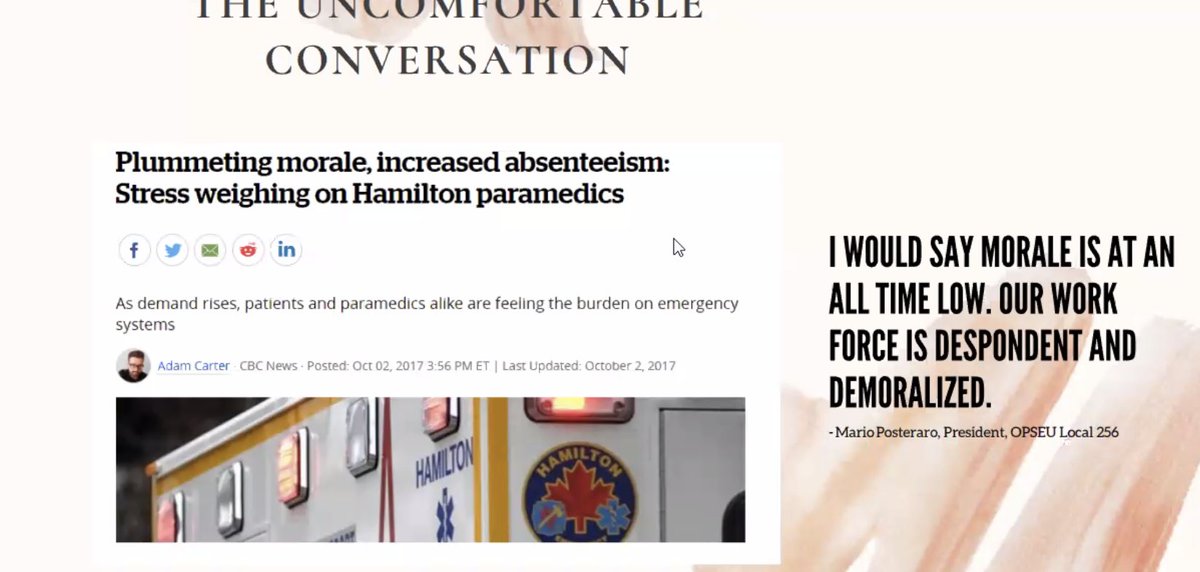
Great words of encouragement by @LyndonGeorge1.
"Talk to someone who doesn't look like you, sound like you."
Thank you to all in this panel for raising these issues.
We can do better.
We must do better.
"Talk to someone who doesn't look like you, sound like you."
Thank you to all in this panel for raising these issues.
We can do better.
We must do better.
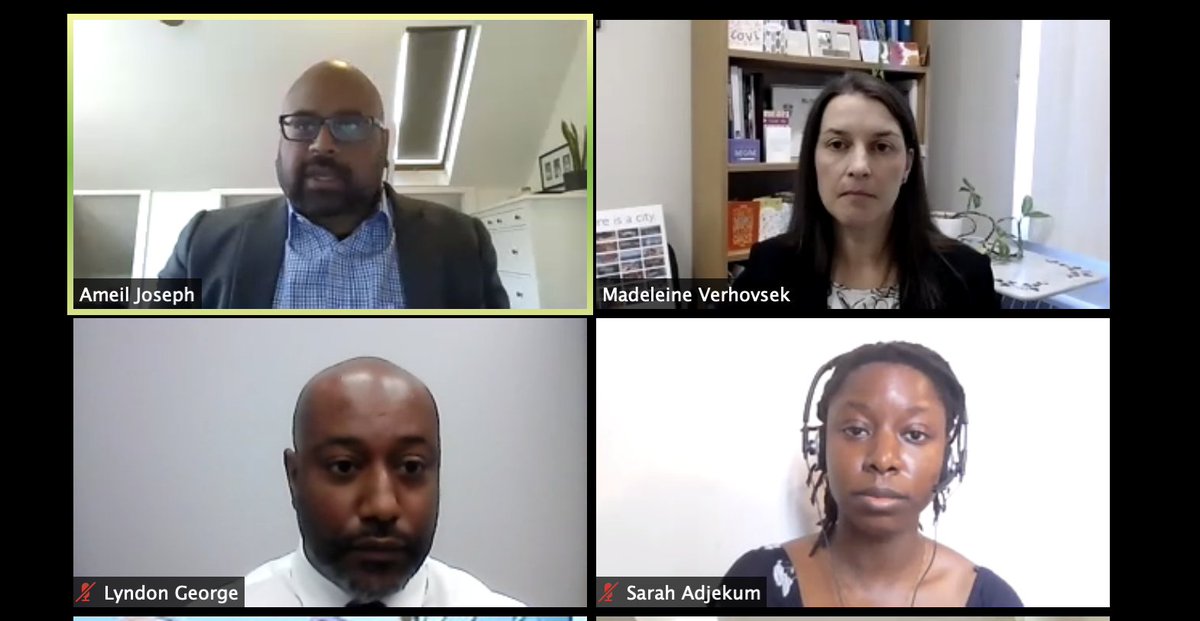
• • •
Missing some Tweet in this thread? You can try to
force a refresh

